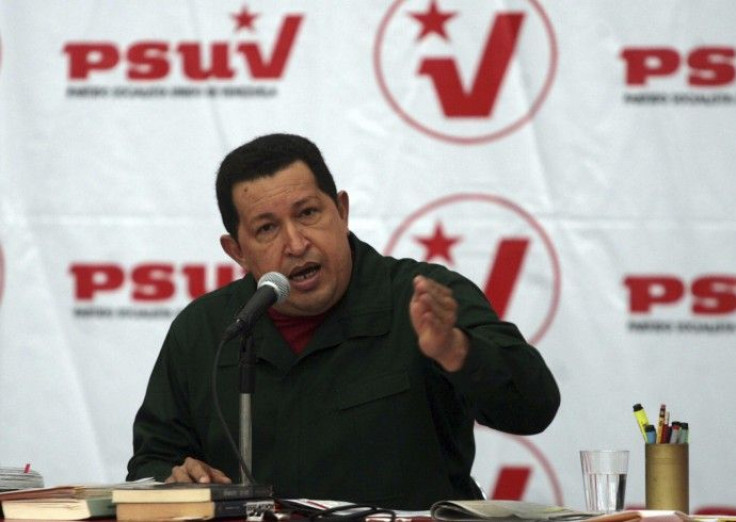US revokes Venezuelan envoy's visa amid feud with Chavez

In a 'reciprocal' act to Hugo Chavez's rejection of President Barack Obama's choice of ambassador to Caracas, U.S. revoked the visa for Venezuela's ambassador in Washington. The envoy, Bernardo Alvarez Herrera was effectively expelled. Even as U.S. officials maintained that diplomatic relations with the Chavez government were of 'national interest', the latest move is likely to further escalate the tension between both countries. Chavez has already dared the US to cut off its diplomatic ties with Caracas.
We said there would be consequences when the Venezuelan government rescinded agreement regarding our nominee, Larry Palmer. We have taken appropriate, proportional and reciprocal action, Mark Toner, spokesman for the State Department said on Thursday.
Venezuelan President Chavez raised severe objections to the appointment of Palmer to Caracas following his comments against the country's military. The envoy told U.S. senators that the Venezuelan army, which is under the Cuban influence, was low in morale and the country was sheltering Colombian Farc rebels.
Earlier this month, the US government threatened reprisals if the Chavez administration refused to consider the appointment. In response the Venezuelan President stated on State television, They will (can) do what they want but that man is not coming here as ambassador. Anyone who comes here as an ambassador has to show respect. This is a country that must be respected.
U.S. diplomatic ties with Venezuela suffered after Hugo Chavez came to power in 1999. After the election of Obama, Chavez showed a sign of embracing the US President as he maintained that new era of foreign relations was expected from the US. But he later declared Obama to be 'a great disappointment' and stated that had the same stench as his predecessor George W. Bush.
Chavez's foreign policy has always countered U.S. global influence by promoting countries like Russia and China as world leaders and Caracas fostering close ties to Washington's foes Cuba and Iran. But despite the ailing ties, U.S. continues to be the fifth biggest importer of crude oil from Venezuela, procuring around one million barrels every day.
© Copyright IBTimes 2024. All rights reserved.











